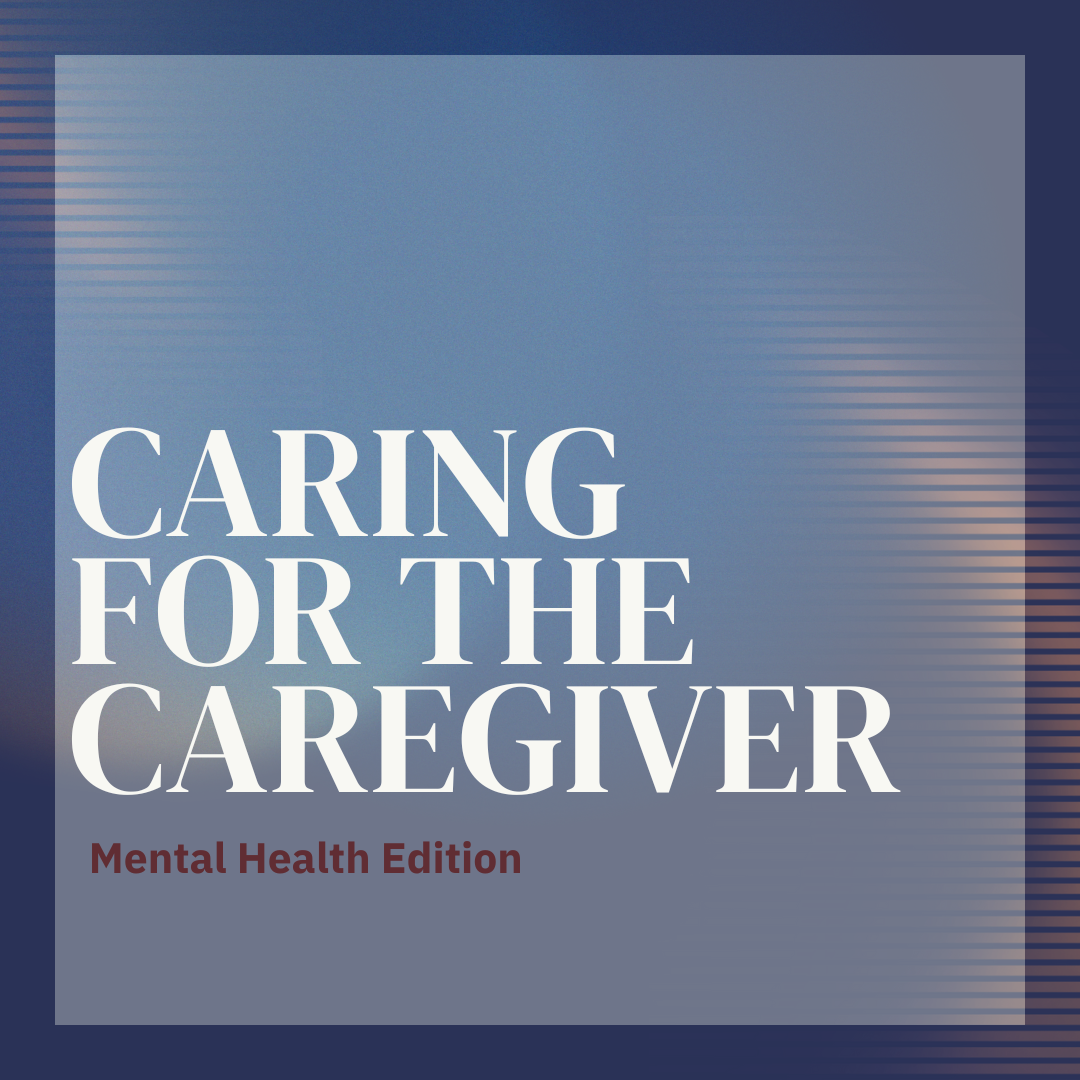Caring for Caregivers: Nurturing Mental Health Amidst the Demands of Dementia Care
Today we are shining a spotlight on a critical aspect of caregiving often overlooked: the mental health of dementia caregivers. Understanding this topic is crucial, given the high stakes for both caregivers and those with dementia. Experts estimated in 2020 that there were around 7 million people over 65 with Alzheimer's, just one form of dementia. By 2040, this number is expected to rise to 12 million or more.

Today we are shining a spotlight on a critical aspect of caregiving often overlooked: the mental health of dementia caregivers. Understanding this topic is crucial, given the high stakes for both caregivers and those with dementia. Experts estimated in 2020 that there were around 7 million people over 65 with Alzheimer's, just one form of dementia. By 2040, this number is expected to rise to 12 million or more.
Most people with dementia do not reside in nursing homes but live with spouses, adult children, or close family friends who provide care. Unpaid family caregivers, predominantly daughters, dedicate substantial time to caring for loved ones with dementia. According to statistics, daughters provide 39% of unpaid care hours, followed by spouses (25%), sons (17%), and other family members and friends (20%).*
The care provided at home by these individuals is typically unpaid. According to the CDC, 16 million Americans provided over 17 billion hours of unpaid care for family and friends with dementia-related diseases. This immense responsibility leads to significant stress, making it easy for caregivers to neglect their mental health.
Caregiver burnout is a genuine risk, creeping up unexpectedly due to the constant stress, worry, and emotional strain of caregiving. Prioritizing self-care is not just a luxury but a necessity for both the caregiver's well-being and their ability to provide quality care.
Self-care varies for each caregiver but involves finding activities that nourish the soul and provide grounding. Whether it's meditation, baking, running, or talking to a friend, any activity that rejuvenates you is beneficial. Setting boundaries is crucial; it's okay to say no to overwhelming responsibilities. Taking time to recharge is vital, benefiting both the caregiver and the person with dementia.
Seeking support is another essential aspect of self-care. Caregivers should not attempt to navigate this journey alone. Friends, family, support groups, or therapists can offer the emotional support and guidance needed. Sharing struggles with others who understand can be empowering and reassuring. There is strength in vulnerability. If you do not have supportive friends or family, there are valuable community groups which meet online, and you can join them any time day or night.
Guilt is a common feeling among caregivers, but it's important to remember that self-care is not selfish but selfless. By caring for their own mental health, caregivers are better equipped to care for their loved ones. Research consistently shows that caregivers of people with dementia have higher rates of depression, anxiety, and physical health issues. This can look like becoming easily agitated and frustrated, feeling hopeless, poor sleep, loss of energy, difficulty thinking and concentrating, and more. Physically, caregivers have higher rates of high blood pressure, diabetes, and cognitive impairment. Caregivers also experience more physical pain and discomfort. Prioritizing self-care is not just beneficial; it's essential for maintaining good health and providing quality care.
Self-care is important because caregivers deserve it. Caregiving is one of the hardest jobs there is, and it should be done with love, compassion, and grace. Caregivers must treat themselves with the same kindness and compassion that they show to others.
In conclusion, self-care is not a luxury but a necessity for dementia caregivers. By prioritizing their mental health, caregivers can prevent burnout, improve their well-being, and provide the best possible care for their loved ones.





